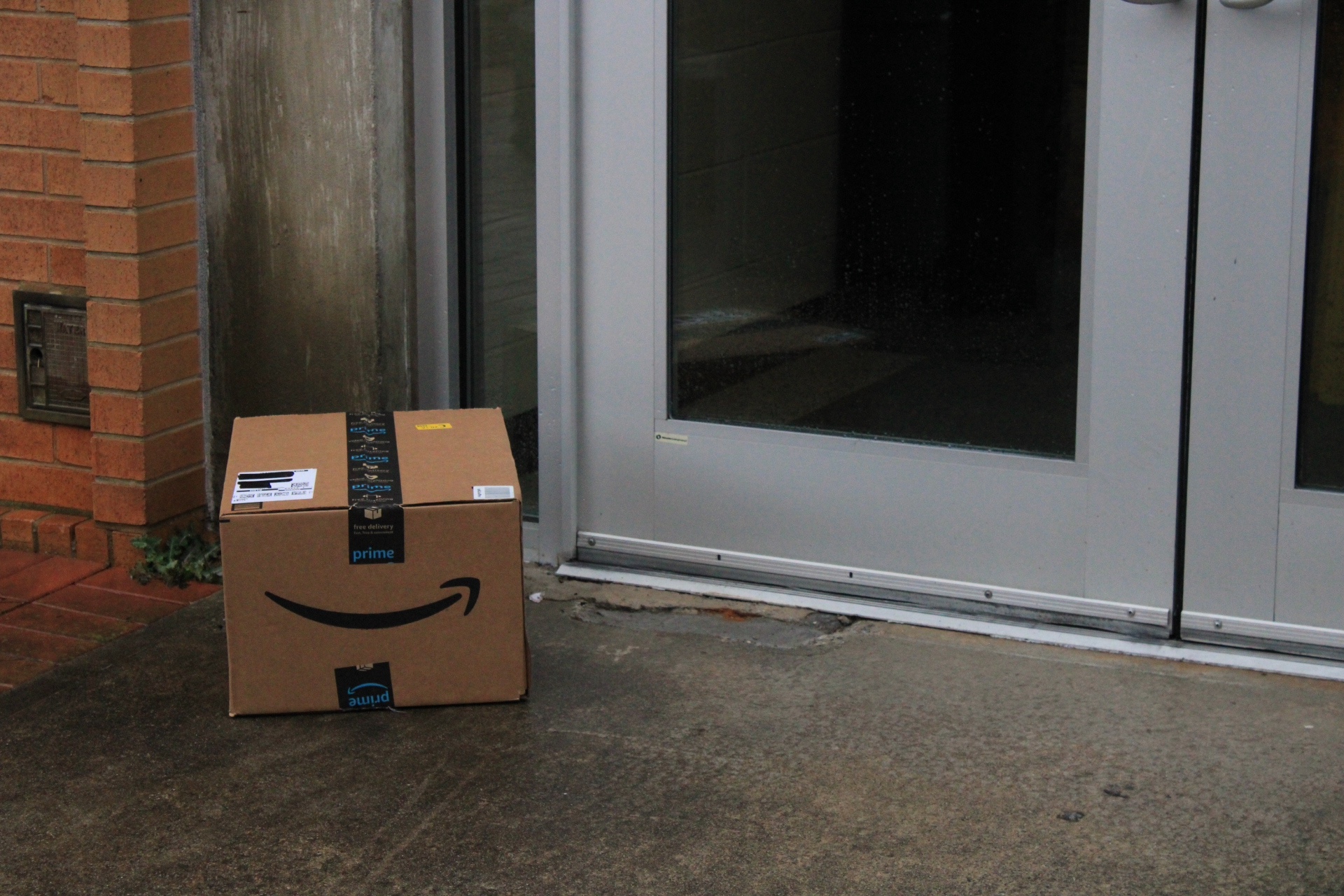The Federal Trade Commission filed a lawsuit against e-commerce giant Amazon in late September 2023, but the lawsuit took a turn at the end of 2023.
Beginning in a lawsuit filed on Sept. 26, 2023, the FTC filed against the e-commerce giant Amazon; claiming in their article that, “Amazon’s ongoing pattern of illegal conduct blocks competition, allowing it to wield a monopoly power to inflate prices, degrade quality, and stifle innovation for consumers and businesses.”
In a recent development on Dec. 8, 2023, Amazon requested dismissal of the antitrust lawsuit in federal court, citing that they applied “common retail practices” to the sale of goods on their website. This ongoing case concerning the FTC and Amazon sheds light on the ever-present problem of monopolies in America, and the need for heavy regulation to produce competition.
In general, the FTC should ensure that no singular seller or producer can create a dominant position in an area, which ultimately helps to make sure that competition flourishes in a market economy. Antitrust laws help to establish that no company has too much power, helping the consumer by giving them variety, lower prices and the potential for higher quality.
“Amazon engages in a course of exclusionary conduct that prevents current competitors from growing and new competitors from emerging,” the FTC said in their article.
Among other statements, the government agency asserts that Amazon participated in several practices that buried listings from consumers, and made sellers pay costly fees when they had no other choice but to rely on Amazon as a marketplace. This conduct, if accurate, not only harms sellers but also customers as they are forced to pay increased prices.
The greater problem surrounding monopolies does not solely rest on Amazon’s shoulders. America is known for promoting many other examples of widespread economic control such as Disney, Nestle, and Coca-Cola.
The FTC in all its efforts does not have enough control when facing these billion-dollar giants. In every instance where the FTC can oppose these companies in federal court, many more slip through the cracks of deregulation.
The current antitrust lawsuit surrounding Amazon and the FTC is certainly a step in the right direction, but the question becomes whether it will be enough. How often are deals not struck between conglomerates or businesses regulated in any significant way in recent history? If you can’t remember one, herein lies the problem.
These companies can have devastating effects on the consumers’ right to choose and have affordable opinions. The lack of regulation we currently face concerning monopolies means that consumers have no other choice but to accept the deal they’ve been given, and face potentially devastating impacts on an already fragile economic future due to inflation.
Despite the evidence presented, boycotting Amazon is an arguably unreasonable option. Many people use Amazon despite its many faults due to its current affordability and ease of use.
Instead, it would be beneficial to think critically about the media and products consumers might be drawn towards. It’s important to understand that companies have a material incentive to become a monopoly and control their consumer base. Now more than ever as a consumer, it is important to support local or privately owned businesses.
Letting monopolies know the influence of the consumer by promoting competition is the first step towards a healthier economy and a reduction of corporate power.


